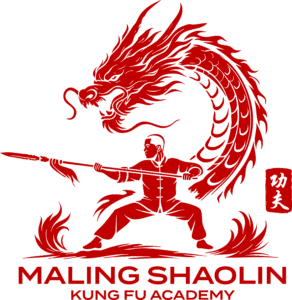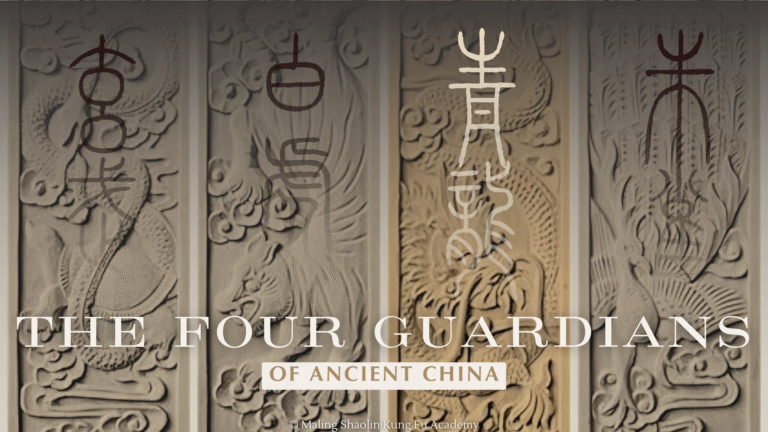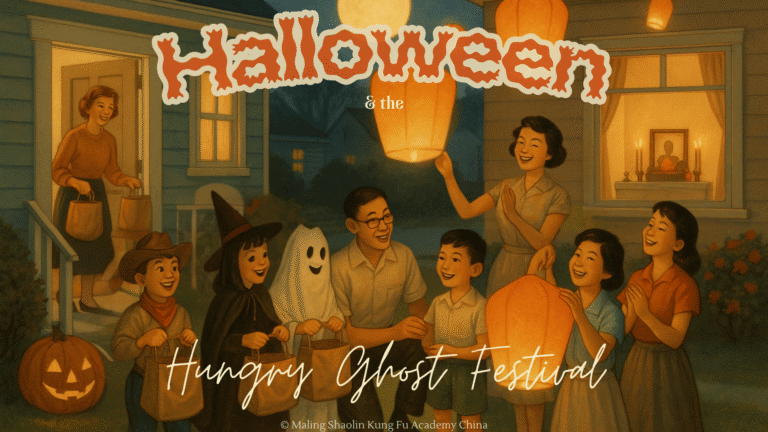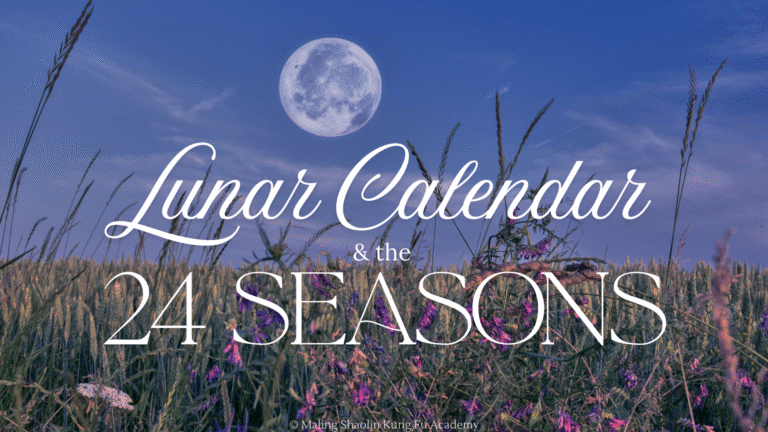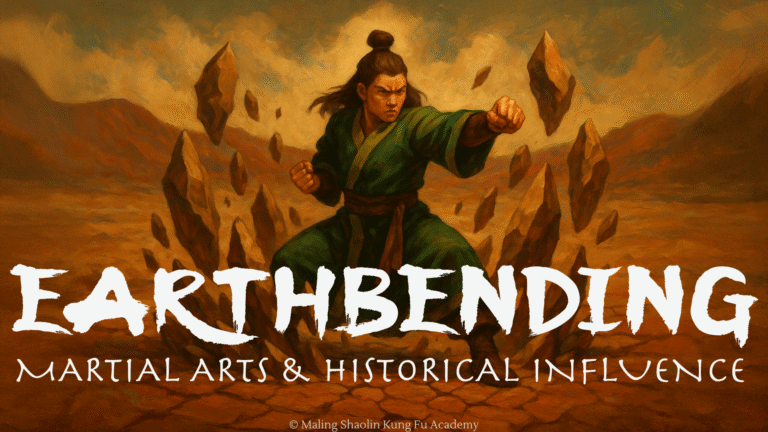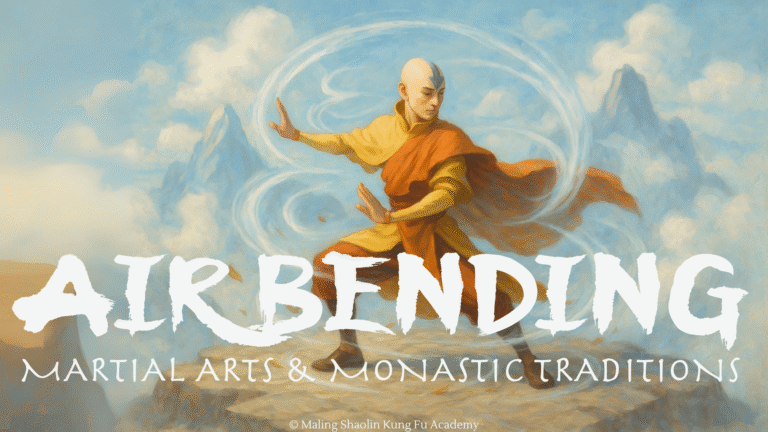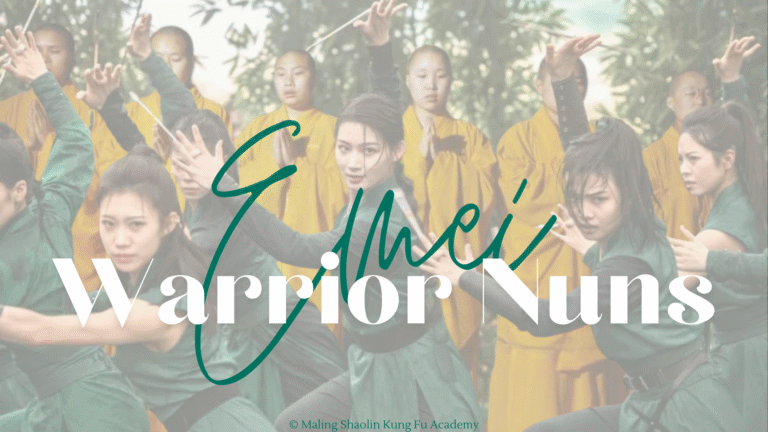2026: The Year of the Fire Horse — A Year of Motion, Madness, and Martial Spirit
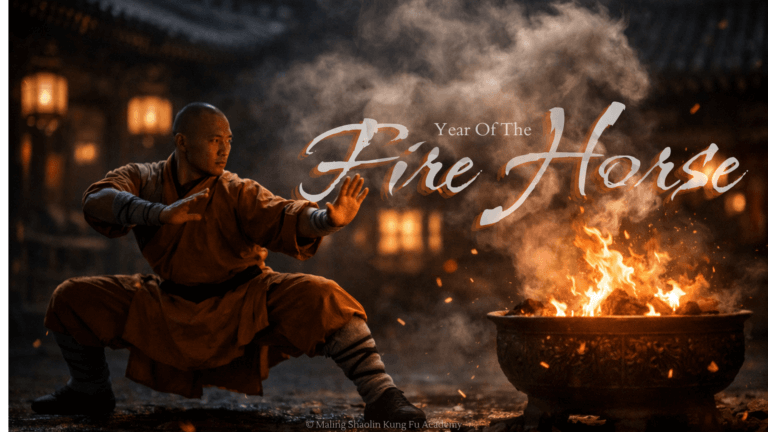
The Year of the Fire Horse is not a year for waiting—it is a year for movement, discipline, and transformation. In Chinese tradition, the Horse symbolizes momentum, destiny, and swift success. For martial artists and students of Shaolin kung fu, 2026 is a powerful invitation to train harder, commit deeper, and turn intention into action.
